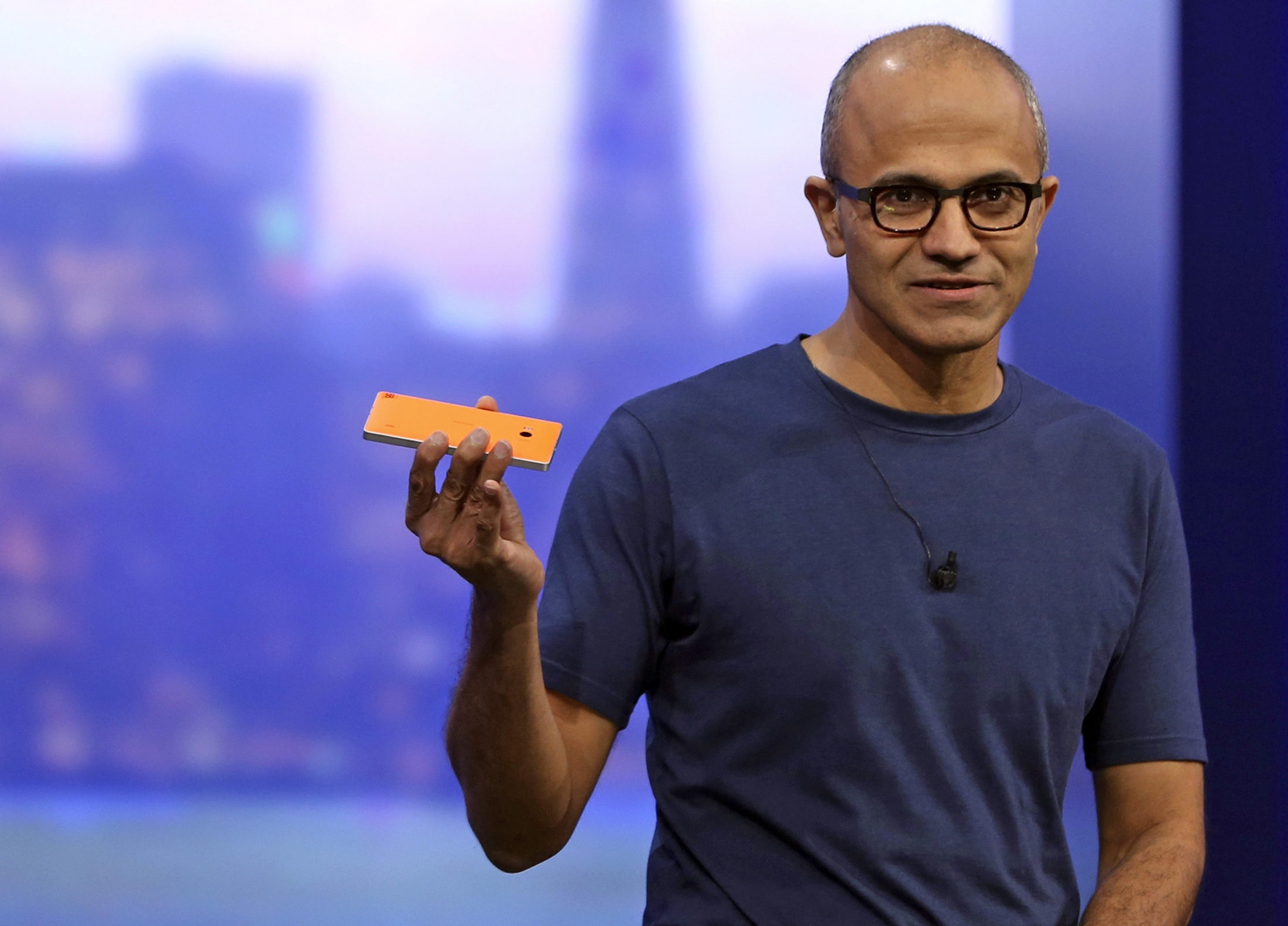
Sundar Pichai’s elevation as CEO of Google has been met with a predictable mix of pride and hype in India. The achievement has assumed greater symbolism because it dovetails last year’s rise of another India-born and educated CEO, Satya Nadella, at Microsoft. The twin appointments, to the top echelons of the world’s two largest technology companies, are undoubtedly an affirmation of the progress made by Indians in Silicon Valley and a recognition of India’s strengths in the education and technical fields.
But to give India credit beyond that would be to take away from the extraordinary achievements of these two men. Pichai hailed from a modest background and attended IIT Kharagpur, but it was in the United States that his career found wings. Pichai’s rise then becomes a testimonial of that country’s commitment to liberal values, that a first generation immigrant could, by dint of his intellect and toil, rise to occupy a coveted position in the corporate world. From assigning Pichai to the Google toolbar product in 2004, the company has pitched him into leadership roles in teams that developed the Chrome browser, Android operating system and the Google One phones. Nadella, on his part, has been leading Microsoft’s revival — unveiling the Windows 10 operating system which is a vast improvement over the company’s universally panned Windows 7 and 8 versions.
It is important for us in India to take note that the likes of Pichai and Nadella have flourished in an enabling political and cultural environment that values innovation and entrepreneurship, and in companies which recognised their potential and capacity for hard work. By and large, the same cannot be said of India or Indians.

Chief Executive Officer Microsoft, Satya Nadella
The culture of questioning is discouraged in schools and homes. The end goal of education in social discourse is to secure employment rather than fostering creativity, innovation, scholarship and entrepreneurship. When coupled with slipping standards in pedagogy, by-rote learning and imperfect evaluation methods, the chances of India incubating a Google or Microsoft — which essentially were startups that grew into behemoths — will remain slim for some time to come. Let us take the condition of engineering colleges. They have proliferated across the country in response to the IT boom but are churning out an army of ill-equipped graduates. With IT recruitments appearing to have flattened out, many engineering colleges are reporting unfilled seats. The hollowness of India being a talent pool of technical manpower is also revealed by a few statistics.
Nearly 80 per cent of the 43,1997 patent applications filed in India in 2011-12 were by international entities. In contrast, the US state of California alone accounted for 30,000 patent applications in 2011. An Indiaspend analysis revealed that India employs just 366 personnel per million population in research and development against 10,073 in Iceland, 6,995 in Germany, 2,358 in China and 1,366 in Brazil. In an environment of overwhelming mediocrity, it is hardly a surprise that the Pichais and Nadellas are drawn to American shores for a better shot at success and fulfilment. Most global technology companies including Google’s newly structured parent company, Alphabet, are working on futuristic products involving artificial intelligence and the so-called Internet of Things that allows devices, software and sensors to communicate over networks without human interface. In contrast, India’s IT majors remain obsessively focussed on retaining control over the business software development and outsourcing industry. India’s huge market potential has spawned several e-commerce companies but none are yet to turn profitable or create path-breaking products. Startups require unflinching commitment to innovation and disruption. Projecting Pichai and Nadella as products of India’s technological prowess cannot conceal our domestic failures.